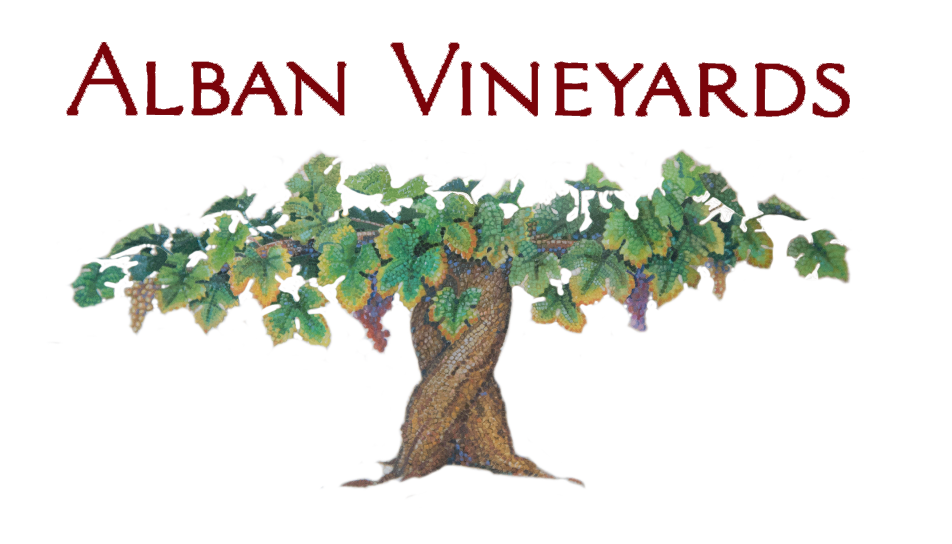The Next 8000 Years
For the last 8000 years, wine has been the most prized beverage of our species. While it has seen ups and downs, plus countless trends, the ‘arrow’ has ultimately and persistently pointed UP. Although we are undeniably in a moment of challenge, I am certain we are not anywhere close to the end of this remarkable and joyful run. In fact, I am certain that as AI and social media expand, people will hunger for more personal shared experiences with one another; exactly where wine fits into our lives most magnificently.
That is why we have been asking ourselves how best to assure our farm and viticultural practices are ready for the next 8000 years. Go ahead and chuckle! But then embrace how wonderfully real this goal is: the land our vineyards sit upon is hundreds of millions of years old. Its ability to support life is equally enduring. So we just need to protect what it will do naturally. It is this premise that gave birth to our viticultural techniques: Albanic farming. It is founded on the fact that if we bring to our soil exactly what we take, it can go on, and on, and on. In our early efforts to explain this concept in lay terms some 30 year ago (people don’t always warm to scientific theories like Carbon or Nitrogen Cycles…), I coined the phrase ‘closed loop farming’: don’t add or export anything. Easy enough to say, but 'wow' can it be challenging to achieve. How do you get everything back into the soil, coexist with weeds, and keep pests in balance? In the early 2000’s we settled into the idea that we could spread all our lees, pomace, stems, and seeds in the vineyards and feed them to sheep as they mowed the rows and hoovered up decaying leaves. There is only a tiny amount of nitrogen in a bottle of wine so if everything else is returned, you can offset any export just by feeding the sheep your yearly green waste: we keep a ‘sheep bin’ in our kitchen and haul it out to them each day. The sheep compost everything under the vines and unlike mechanical mowing, their digestive tract destroys the eggs and larvae of pests atop the cover crop. Pest control isn’t about eradication, it’s about balancing the predators with the prey and not letting the latter get too big a head start in the spring.
Because our native flock is ours and only ours, the loop stays closed. We don’t eat them, milk them, or interfere with their natural life cycles in any way: no vaccines, medications, or hormones. They allow us to farm with just 3 natural components- elemental sulfur, carbonates (basically baking soda), and affection: our holy trinity for the next 8000 years. But we absolutely can’t do this without you! Attached are some tasting notes for our 2024 Central Coast Viognier, and our 2021 Patrina (Syrah)- both estate grown and nurtured by the world’s most authentically natural viticulturists. We hope you’ll find a place for their efforts in your glorious wine programs.
Thank you,
The Team at Alban Vineyards- 2 and 4 legged
Photo credit: Rosenthal Photography

